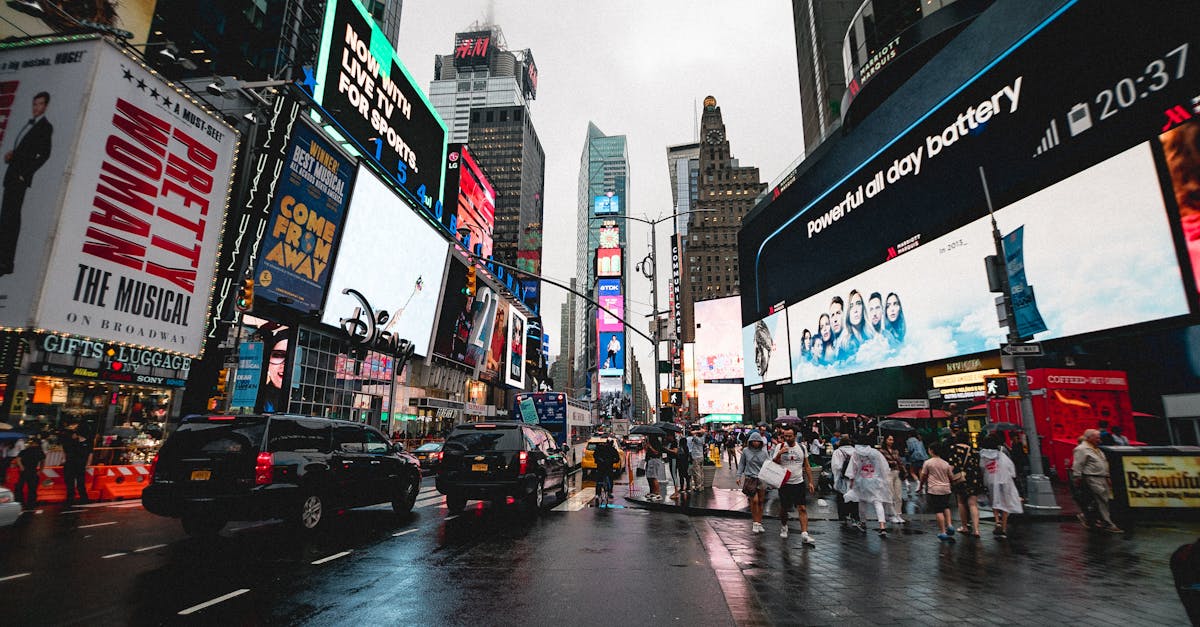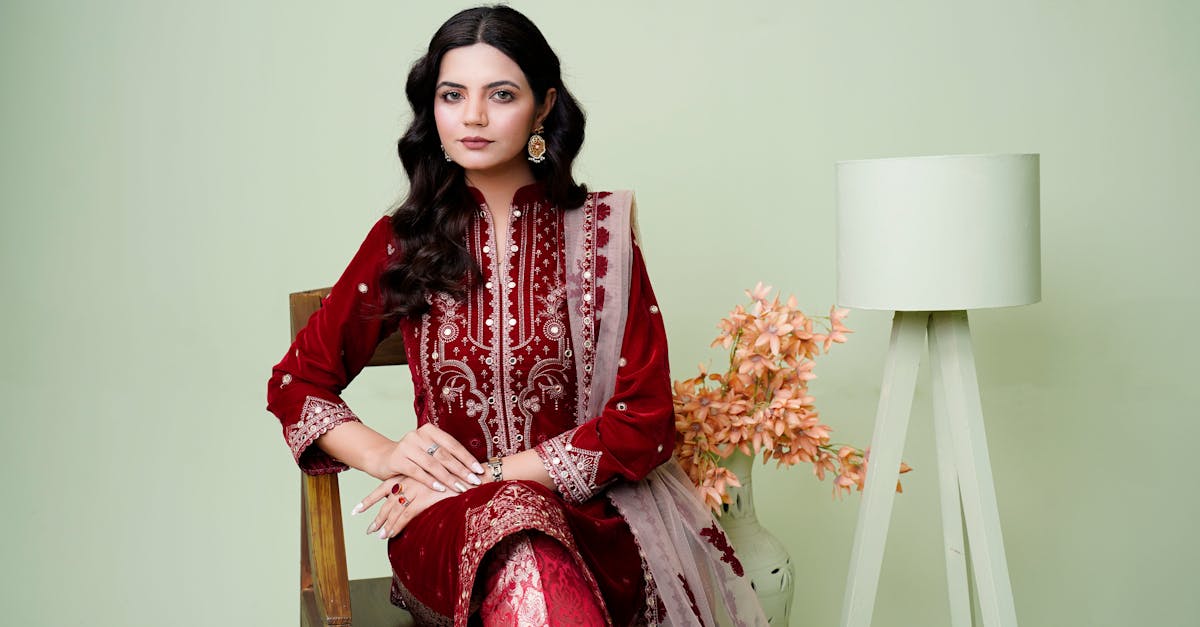Mindful Fashion Unplugged Rethinking Style with Soul
Introduction
In an era where the environmental impact of fashion has taken center stage, mindful fashion has emerged as a significant trend. As consumers grow more conscious of the planet's health, they are increasingly seeking alternatives that reflect both style and sustainability. This groundbreaking shift in the fashion industry emphasizes the importance of ethical sourcing, sustainable materials, and fair labor practices. It challenges fast fashion norms and encourages consumers to make better choices for themselves and the environment. But what exactly does mindful fashion entail, and why is it garnering so much attention? This article delves into the essence of mindful fashion, unraveling its transformative potential and highlighting its relevance in today's world.
Advertisement
Understanding Mindful Fashion
Mindful fashion is a holistic approach to clothing that prioritizes environmental sustainability, ethical production, and social responsibility. It goes beyond aesthetics to consider the entire lifecycle of a garment, from raw material sourcing to disposal. By emphasizing transparent supply chains, mindful fashion aims to reduce the carbon footprint associated with the industry. Designers and brands committed to this approach often partner with artisans to craft timeless pieces using sustainable materials. In doing so, they not only promote eco-friendly practices but also celebrate the art of craftsmanship.
Advertisement
Sustainability at the Core
At its heart, mindful fashion stresses sustainability, focusing on reducing waste and conserving resources. The use of organic cotton, hemp, bamboo, and recycled materials minimizes environmental damage. By adopting a circular economy model, brands design products with end-of-life disposal in mind, encouraging recycling and repurposing. Fabric innovation plays a crucial role, with technologies enabling biodegradable textiles and closed-loop production processes. This shift towards sustainability ensures that mindful fashion contributes positively to ecological balance.
Advertisement
Ethical Production and Fair Trade
Ethical production is a cornerstone of mindful fashion, prioritizing humane working conditions and fair wages. Brands adhering to these principles actively engage with communities, fostering a culture of fairness and mutual respect. Transparent supply chains allow consumers to trace a product's journey from farm to wardrobe, reinforcing trust. Fair Trade certifications and partnerships with ethical factories guarantee that workers receive their due rights. This focus on humanity aligns with broader social justice movements, driving systemic change in the fashion industry.
Advertisement
Embracing Minimalism and Timelessness
Mindful fashion champions the concept of minimalism, encouraging consumers to invest in quality over quantity. Timeless designs that withstand seasonal trends promote longevity, reducing the need for constant wardrobe updates. By curating a capsule wardrobe, individuals can enjoy versatile pieces that can be styled in various ways. This minimalist approach fosters a deeper appreciation for clothing and reduces impulse purchases. As a result, consumers find themselves making more deliberate, value-driven buying decisions.
Advertisement
The Psychology of Mindful Consumption
At its core, mindful fashion resonates with personal values, advocating for a shift in consumer mindset. It aligns purchasing behavior with individual ethics, fostering a sense of fulfillment and connection to one's wardrobe. As consumers become more aware of the social and environmental impact of their choices, they experience increased satisfaction from conscientious consumption. This reflects an evolving mindset-one that values quality, sustainability, and ethical considerations over trends and impulsivity.
Advertisement
Challenges and Barriers
Despite its appeal, mindful fashion faces numerous hurdles in the mainstream fashion industry. Traditional fast fashion's allure of affordability and variety often overshadows sustainable alternatives. Additionally, mindful fashion brands encounter challenges in scaling production and maintaining competitive pricing. Raising awareness and educating consumers about the benefits of mindful choices is crucial. The scarcity of sustainable resources further complicates efforts to meet growing demand. Nonetheless, ongoing innovation and advocacy continue to propel mindful fashion into wider acceptance.
Advertisement
The Role of Education and Advocacy
Education is a vital component in promoting mindful fashion, encouraging informed consumer choices. Various campaigns emphasize the importance of understanding the impact of fashion on both the environment and society. Schools, organizations, and influencers play a crucial role in nurturing a new generation of conscious consumers. Events such as eco-fashion shows and workshops further highlight sustainable innovations and ethical practices. As awareness increases, so does the potential for collective action to transform industry standards.
Advertisement
Future Trends and Innovations
Mindful fashion is poised for exciting future developments, driven by technological innovation and evolving consumer preferences. Innovations in fabric technology are reducing water usage and chemical emissions, while 3D printing offers new possibilities in designing sustainable clothing. Digitalization and augmented reality facilitate virtual fittings, reducing returns and wastage. Collaborative platforms allow for shared wardrobes, reimagining ownership. With continued investment in research and sustainable practices, mindful fashion has the potential to redefine the industry's future.
Advertisement
Summary and Conclusion
Mindful fashion offers a transformative vision for the fashion industry that integrates style with sustainability and ethics. By prioritizing transparent practices, ethical production, and innovative technologies, it empowers consumers to make responsible choices. As society becomes increasingly aware of its environmental impact, the demand for mindful fashion continues to grow. Overcoming barriers through education and advocacy remains essential in driving this shift forward. Ultimately, mindful fashion is not just a trend-it's a meaningful movement that promises a better future for the planet and its people.
Advertisement








